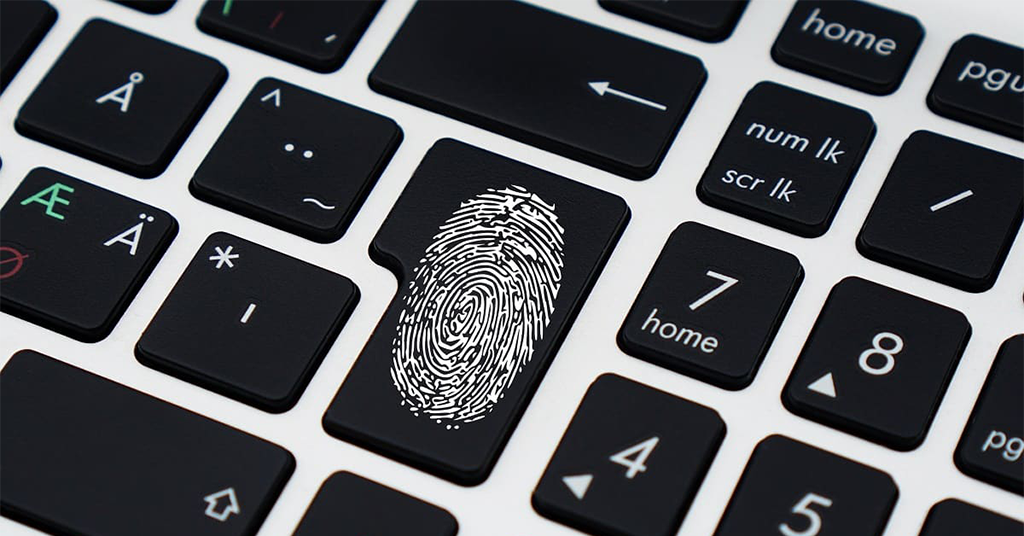The UMBC Cyber Defense Lab presents
Human Factors in Cyber Security
Dr. Josiah Dykstra
Cyber Security Researcher, US Department of Defense
12:00–1:00pm Friday, 13 April 2018, ITE 229, UMBC
Humans play many roles in the effectiveness of cyber security. While users are often blamed for security compromises, human strengths and weaknesses also affect people who perform design, implementation, configuration, monitoring, analysis, and response. The fields of human computer interaction generally, and usable security specifically, have drawn attention and research to some aspects of human factors, but many opportunities remain for future work.
In this talk, I describe several of my research projects related to human factors in cyber security. The first was a study of how individual differences affect cyber security behavior, and active follow-on research to predict users who might become victimized. The second was a study of stress and fatigue in security operations centers, including a new survey instrument for collecting data in tactical environments. The third was a research prototype using augmented reality to assist humans in cyber security analysis, and an analysis of preliminary results.
Finally, I will present and invite discussion about a new idea for improving security by making it “disappear.” Despite decades of tools and techniques for secure development, and valiant work at adoption and usability, it is clear that many users cannot or will not avail themselves of appropriate cyber security options. It may be time to rethink the amount of interaction required for most users, and if hands-off, behind-the-scenes cyber defense should be the norm.
Josiah Dykstra serves as a Senior Executive Service government civilian and Subject Matter Expert for Computer Network Operations research in the Laboratory for Telecommunication Sciences within the Research Directorate of the National Security Agency. His research includes human augmentation, cyber risk assessment, and cyber effects. He is an active collaborator with academic, industry, and government researchers around the country. Dykstra earned the PhD degree in computer science at UMBC in 2013 studying under Alan T. Sherman. Dr. Dykstra is the author of the 2016 O’Reilly book, Essential Cybersecurity Science, Fellow of the American Academy of Forensic Sciences, and winner of the Presidential Early Career Award for Scientists and Engineers.
The UMBC Cyber Defense Lab meets biweekly Fridays. All meetings are open to the public.
